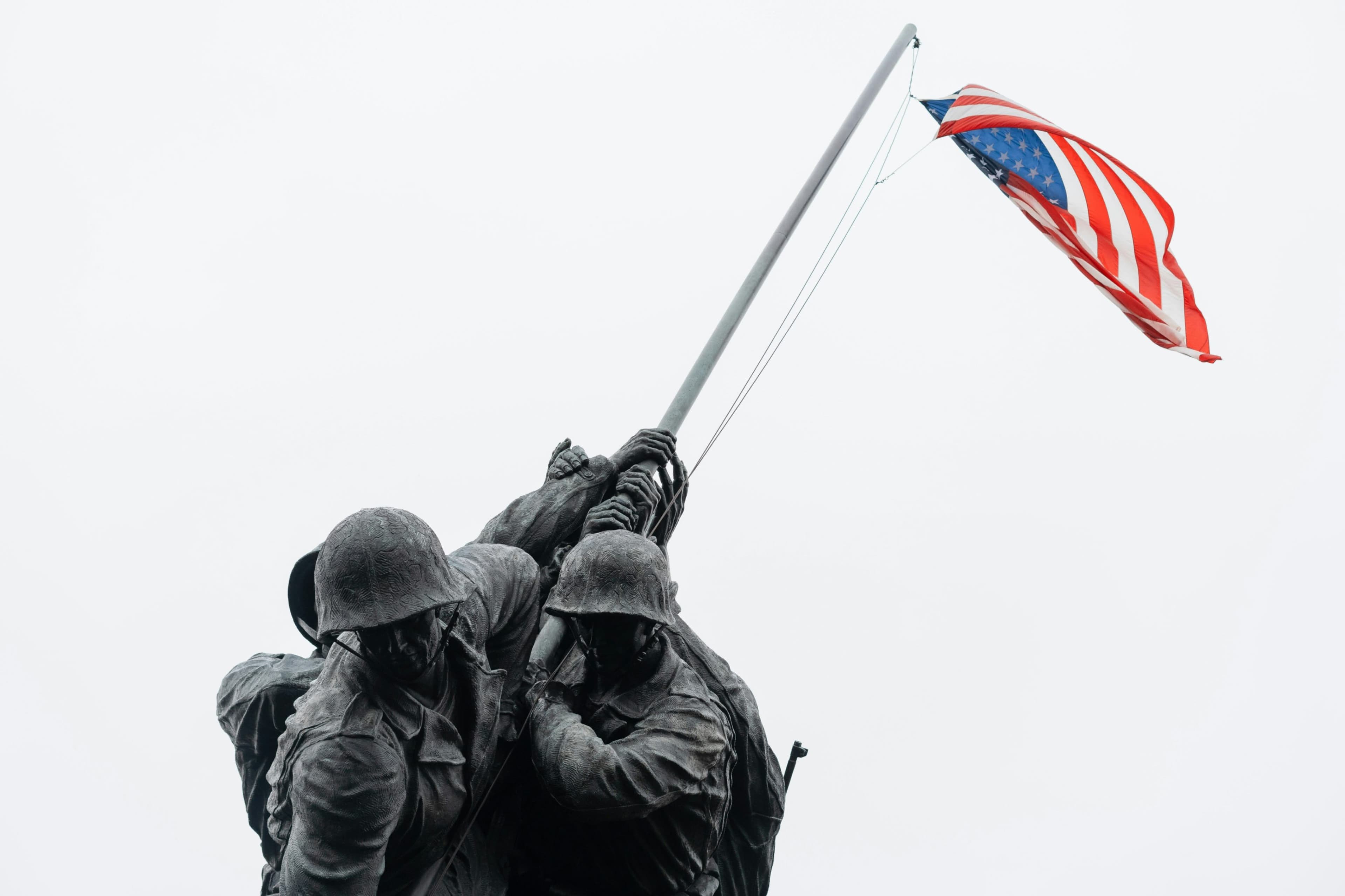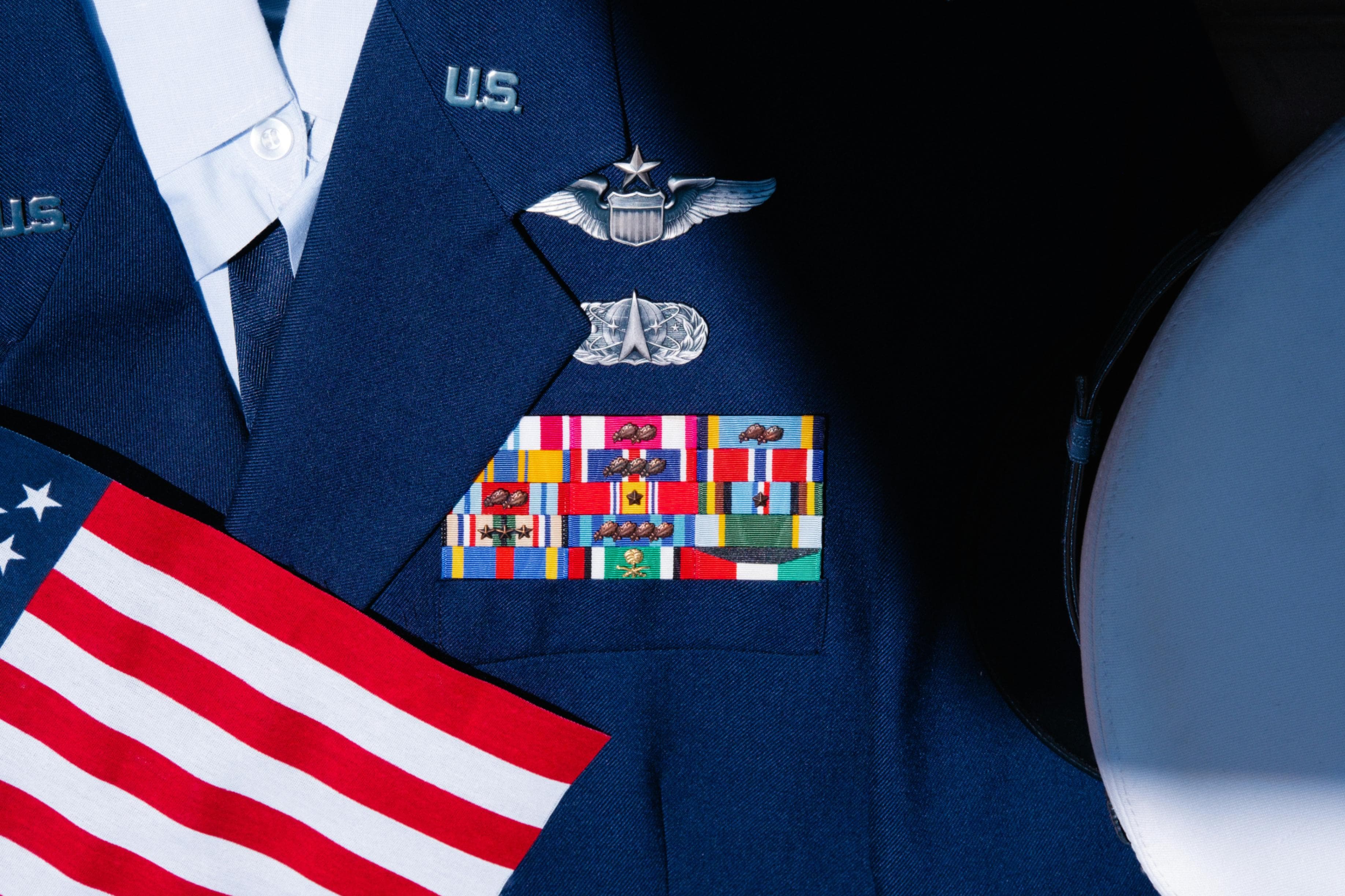
What the Army Taught Me About Servant Leadership in Government
During my time in the Army, "service before self" was not a slogan we quoted during ceremonies and forgot about afterward. It was a daily practice. Whether we were deployed overseas or leading training exercises at home, we placed the mission, our team, and the country above personal comfort or gain. That mindset shaped how we approached problems, how we treated each other, and how we made difficult decisions. There was no ambiguity about what mattered most: completing the mission with integrity and protecting those we served alongside.
When I transitioned into civilian government work, particularly at the Department of Veterans Affairs, I saw how easy it is for that clarity of purpose to get lost. Bureaucratic structures, performance metrics, and political pressures can obscure the basic question every public servant should ask themselves daily: "Who am I serving, and am I putting their needs first?" What I’ve learned is that military values, especially selfless service, can anchor teams amidst procedural noise. When we reintroduce those values into our agencies, we see natural improvements in morale, accountability, and mission effectiveness.
Leading with Purpose: Applying Servant Leadership in Government
One of the most impactful leadership lessons from my Army career came not during combat but during a stateside logistics operation. A junior soldier had made a costly error unloading equipment, and the easy route would have been to reprimand him. Instead, our commanding officer sat down with him, walked through the mistake, and asked, “How can I help you do better next time?” That moment cemented for me what servant leadership looks like in practice: removing barriers so your people can succeed. In the military, this approach is not theoretical. It's operationally necessary.
When I entered a leadership role within the VA, I carried that mindset with me. I made it a point to visit every department under my oversight, not to audit but to listen. I asked employees what tools they needed, what policies were hindering them, and how leadership could support their success. This wasn't about coddling - it was about accountability through empowerment. Research supports this approach: studies show that servant leadership in government settings enhances employee engagement and reduces turnover, especially when employees feel heard and supported in their roles (Eva et al. 2019)1.
Reconnecting Staff with the Mission
In the Army, every soldier knows the mission and their part in achieving it. That shared understanding binds teams together, even in high-stress environments. In many government agencies, that sense of mission gets diluted. Staff become disconnected from the end user, whether it's a veteran, a taxpayer, or a community. This disconnect often leads to inefficiency, low morale, and even ethical lapses. But I have seen firsthand how realigning employees with the mission can reverse those trends.
At one VA medical center, I noticed that clerical and administrative staff had very little interaction with the veterans we served. I initiated a biweekly "Veteran Impact Briefing," where employees heard directly from veterans about their care experiences. The results were immediate. Staff began to se
Read-Only
$3.99/month
- ✓ Unlimited article access
- ✓ Profile setup & commenting
- ✓ Newsletter
Essential
$6.99/month
- ✓ All Read-Only features
- ✓ Connect with subscribers
- ✓ Private messaging
- ✓ Access to CityGov AI
- ✓ 5 submissions, 2 publications
Premium
$9.99/month
- ✓ All Essential features
- 3 publications
- ✓ Library function access
- ✓ Spotlight feature
- ✓ Expert verification
- ✓ Early access to new features
More from Military
Explore related articles on similar topics





